What To Look For In The Best Dispatch Software
Competition is stiff in the home appliance and consumer electronics industry. Outstanding post-sale service is just as important as producing a...
3 min read
 ServicePower
:
March 22, 2018
ServicePower
:
March 22, 2018
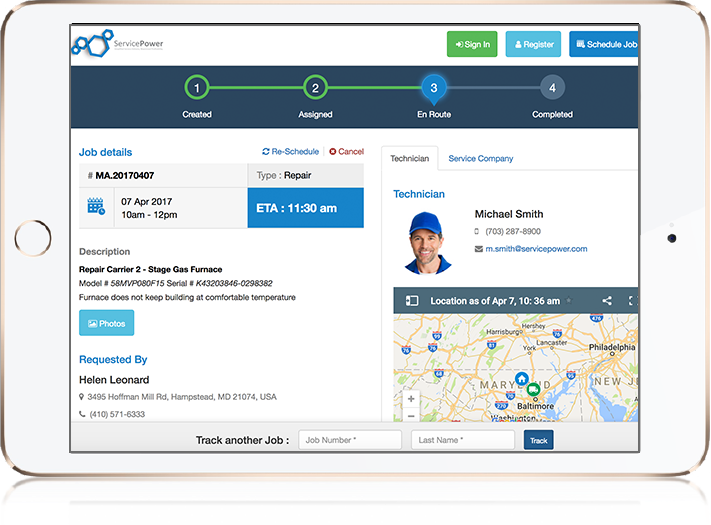
When your business model, backed by your current stack of enterprise workforce management software, has been working well, it's hard to see a reason to change. Of course, in business, the motivation to change often comes from an opportunity to make more profits rather than to avoid penalties. If you've been dealing with increasing business complexity or growing volume of work, thinking about boosting field staff productivity, providing better operational support at HQ, or intelligently adding contracted labor to your workforce model, deploying or upgrading your field service management software becomes important.
Even if your current suite is less than a decade old, technology such as Artificial Intelligence (AI), Internet of Things (IoT), flexible data models, configurable mobility, and contractor dispatching software have been used by leading field service management vendors to improved not only the operational metrics so important in times passed but to also better enable your field teams to drive a great customer experience.
Why use disparate software systems for things like route optimization, scheduling, customer service, and on-site communication when a single well-built mobile workforce management solution can be used to manage your business, from entitlement to claim processing and business intelligence, seamlessly? Here are the top ten ways the right mobile workforce management solutions can increase field service productivity and better enable your field service team to provide a great, digital customer experience.
1) Self-Service Customer Portals
It may be customary for customers to call in their work orders, but this is no longer the best or most efficient way. While you always want to have a phone line open for those who prefer this angle or for emergencies that require a conversation, it's important to diversify your entry points. Email, a feature on your website, or even social media can serve as channels for clients to contact you and schedule their appointments. Intelligent self-service customer portal technology takes it a step further. Customer portals integrated with AI-based route optimization and contractor management functionality, location technology, and asset information can be used by consumers to schedule 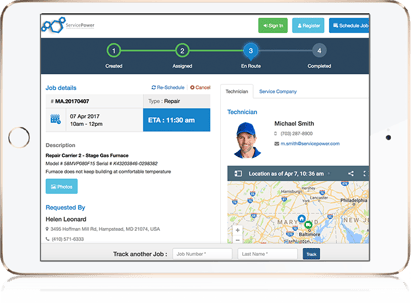 appointments when and where it's convenient while providing a seamless, lower-cost mechanism for your service operation to schedule their appointments. After booking, the portals can deliver tech locations for employed or contracted field teams, provide 2-way communications, and even offer new products and services based on the customer's assets and service history.
appointments when and where it's convenient while providing a seamless, lower-cost mechanism for your service operation to schedule their appointments. After booking, the portals can deliver tech locations for employed or contracted field teams, provide 2-way communications, and even offer new products and services based on the customer's assets and service history.
2) AI-Driven Scheduling
Workforce management scheduling helps in determining how many employees are required for a particular job at any given time. The first thing to do when a client contacts use their information, including location and job requirement, is to schedule one of your field teams capable of the job with an open slot coming up. That's one way to schedule work. A better way, of course, is to use integrated, automated field service management technology which includes the ability to use AI to evaluate all of the job requirements, your field teams' skills, locations, current workload, and other configurable schedule costs parameters to book either an employed technician or a contractor. Only AI-based, multi-labor solutions, like ServicePower's, can provide incremental boosts in productivity, technician enablement, and consumer experience. Manual scheduling or rules-based systems cannot compete with this level of technology. Rescheduling is another benefit of using intelligent field service management software. It automatically handles customer requests or schedules exception-based rescheduling with either employees or contractors. Portals can be used to communicate changes instantly, to techs and customers, adjusting expectations.
3) Seamless Integration
Your CRM, or Customer Relationship Manager, is one of the most important pieces of any company's software suite. This allows your team to centrally store all relevant information about a customer like their name, contact information, address, assets, work order history, and any special requests they may have made. The CRM is usually used for entitlement by customer service staff who answer phones, emails, or chats, and is needed in almost every department. Your field team needs access to the same data to improve service delivery. Operations need access to CRM-originated data, as do your sales and engineering teams if you manufacture products. CRMs and even ERPs, however, are not field service management solutions. Even though some CRM or ERP packages offer after the fact, bolt-on field service management functionality, they cannot offer the same levels of support for complex business models, large transactional volumes, or even support for mixed workforces comprised of employees and contractors. You need a CRM that can easily integrate with leading field service management solutions to seamlessly serve customer and asset information to everyone requiring it while simultaneously, distributing information and collecting information for use across the service ecosystem.
4) Alarms and Messages
When it comes to field services, alerts are useful for everyone. Reminder messages before a scheduled appointment are great for customers so that they will be ready for your team on arrival. Alarms and messages are also useful for your team to keep them on track and alert for possible changes in scheduling or expectations. Your customer portals or technicians' mobile technology can be used to alert customers or techs at specific times surrounding an appointment or event, such as impending visits, recent schedule changes, or even information indicating an impending failure from an IoT sensor on a connected machine.
5) Forms of Contact
While many mobile workforce management software solutions can send timed emails, leading solutions include 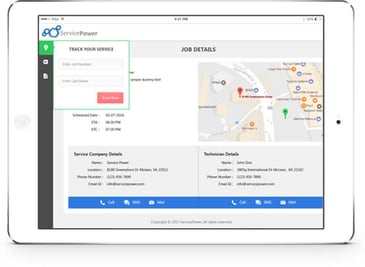 far more ways to contact team members and customers alike. Email is certainly standard, but SMS text messaging is also common. Some can even handle more advanced features like transcript generation, text to speech, and social media integration. The best solutions digitize communications entirely with integrated consumer portal technologies. It's important to have more than one avenue for communication to offer your customers the most convenient communication method for them personally, as well as for your field teams and contractors.
far more ways to contact team members and customers alike. Email is certainly standard, but SMS text messaging is also common. Some can even handle more advanced features like transcript generation, text to speech, and social media integration. The best solutions digitize communications entirely with integrated consumer portal technologies. It's important to have more than one avenue for communication to offer your customers the most convenient communication method for them personally, as well as for your field teams and contractors.
Explore how ServicePower's mobile workforce management solutions have helped enterprise Field Service Organizations improve productivity and maximize time to achieve ROI.

Competition is stiff in the home appliance and consumer electronics industry. Outstanding post-sale service is just as important as producing a...
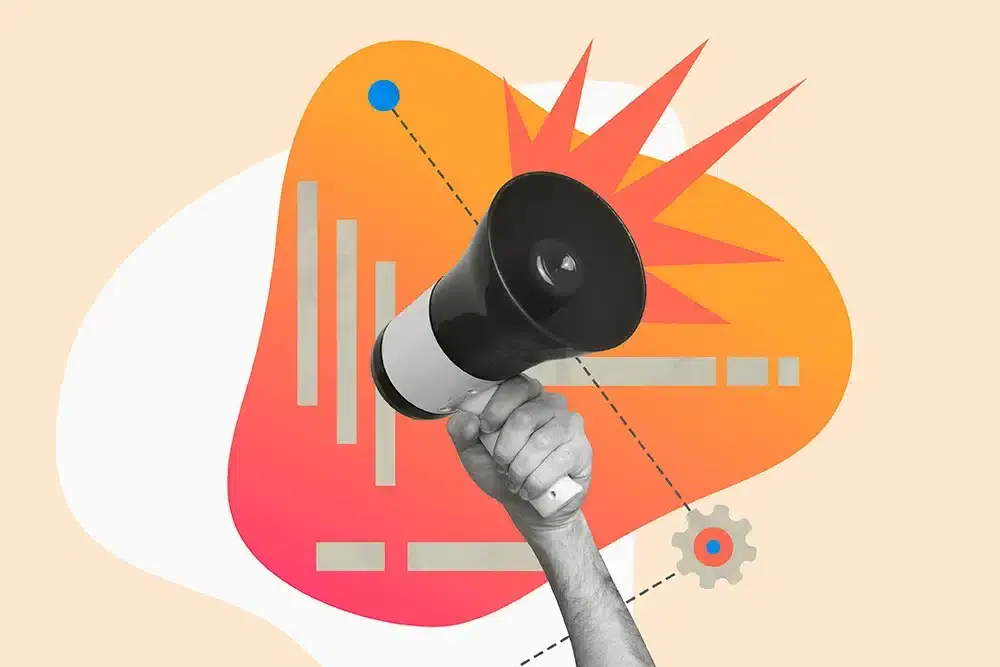
Double-digit growth, 50% team expansion, and accelerated innovation define 2025 momentum.
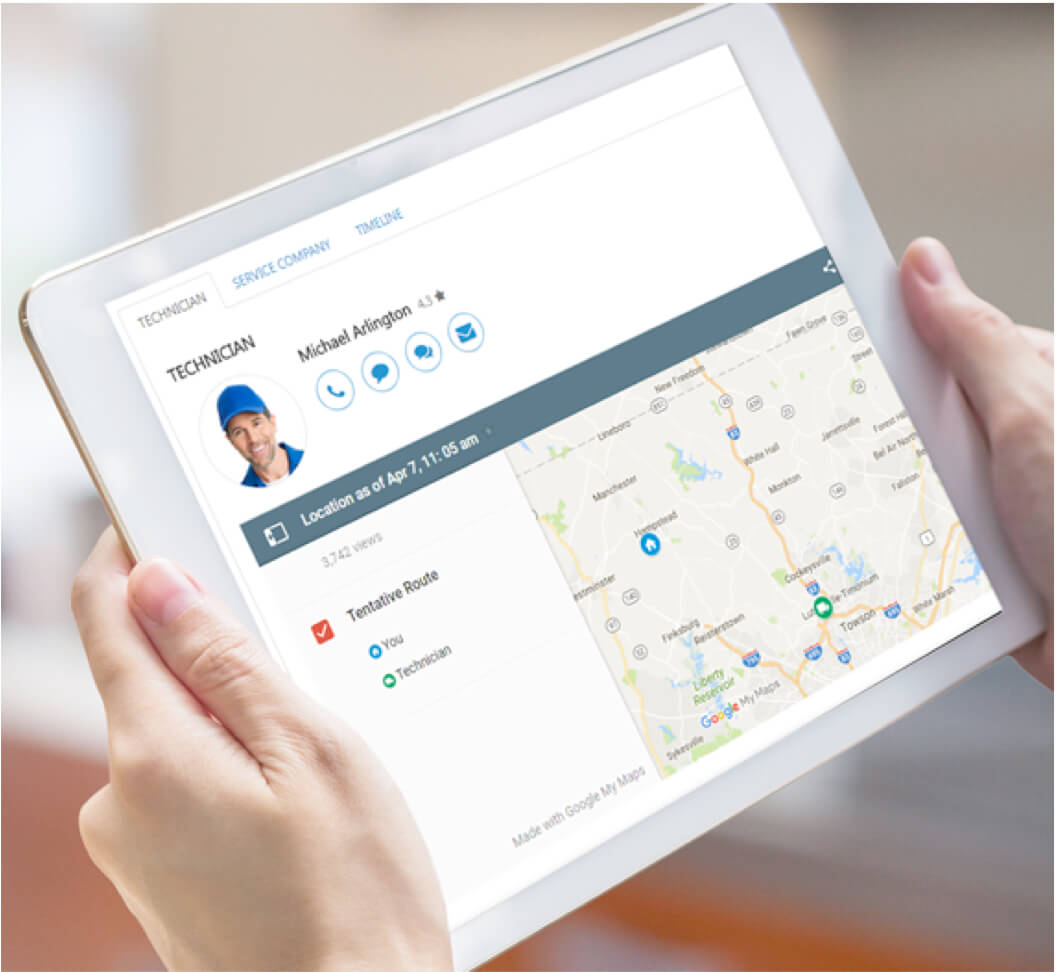
Keeping on schedule and showing up on time for service calls are important tasks for companies in the field service industry. By fulfilling these...